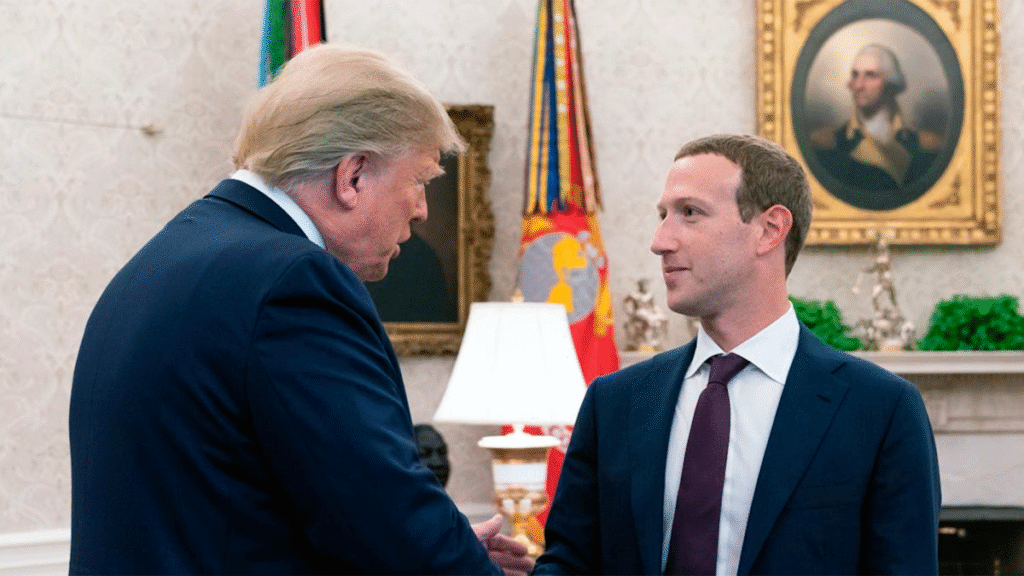Historical Perspective on Leadership
The exploration of leadership has been a broad field in disciplines such as history, political science, psychology, and organizational management. The theory of business administration, born at the end of the 19th century, considered essential qualities like authority and strength in a leader. Over time, more person-centered approaches focusing on participation and cooperation began to gain relevance.
Evolution of Leadership Models
In the last century, we have observed an evolution from hierarchical models based on a leader’s authority to more collaborative and humanistic models. However, the current political and corporate reality shows a trend towards choosing authoritarian leaders, presenting an evident paradox.
Authoritarian Leaders in Politics
In the contemporary political sphere, the idea that a strong leader is needed to face exceptional challenges seems to be gaining ground. Radically authoritarian leadership styles are increasing in popularity. Examples include Donald Trump’s statement, “These countries are calling me to kiss my ass,” and J.D. Vance’s remarks about Trump at the Munich Security Conference, “There’s a new sheriff in Washington.”
The sheriff metaphor encapsulates this new model, emphasizing a vision of human relationships based on submission, with the leader acting and proclaiming himself as a king.
Objective: Uphold Order at Any Cost
Intellectually, Trump’s style is largely based on the ideas of Curtis Yarvin, a lesser-known but central figure in Trump’s orbit. He has developed his theory by writing under the pseudonym “Mencius Moldbug” and has built a “neoreactionary” and “neocameralist” project that seeks to replace democracy with a government led by an “absolute monarch.” For Yarvin, social issues like poverty or climate change are insignificant; the sole objective is to uphold order at any cost.
This “formalist” perspective considers Western states inefficient due to the “democratic mystique” and the “obsession with social justice,” positioning itself radically against citizens’ political freedoms.
Yarvin, who considers himself a “royalist” or “restorationist,” appealing to figures like Frederick II of Prussia, bases his theories on ideas from some academics who argue that the transition from monarchy to democracy is a decline in civilization and that democratic states should be considered illegal organizations, as they tend to exploit more than monarchies.
Other authors in the Trump orbit propose “neocameralism” as a form of government, meaning the direction of countries by a single and supreme leader.
“Re-masculinize” and “De-feminize” Organizations
Parallel to the political sphere, in the corporate world, a leadership model seems to be emerging that seeks to revalue a traditionally associated style with “masculinity.” Leaders like Mark Zuckerberg or Elon Musk are promoting a return to this style and “de-feminizing” organizations.
Zuckerberg justified the suppression of diversity and inclusion programs at Meta by invoking the need to “re-masculinize” companies and “build a culture that celebrates aggression a bit more, as it has its own merits, which are really positive.”
Musk aligns with this stance by declaring that “masculinity is back” and “men need to be made great again.” His discourse posits that gender equality has been achieved and that men are victims of a supposed disruption of the gender order.
Thus, leadership based on virility and aggression, with a masculine and elitist vision, is promoted. This aligns with the Trump administration’s recommendation to eliminate over 200 words in official communications, including “sex,” “woman,” “trauma,” “victim,” or “disability.”
Read more: Trump 2.0 : interdire de dire pour mieux empêcher de penser
We cannot overlook Peter Thiel’s significant influence in this intellectual movement. His influence among the previously mentioned actors is immense: he is a partner of Musk since PayPal’s creation; British philosopher Nick Land, who openly criticizes modern democracy, equality, and liberalism, mentions him as an inspiration; and it was Thiel who boosted J.D. Vance’s candidacy for Trump.
Considering the observed trends in both political and organizational leadership, we raise the crucial question about the future of leadership theory and practice: are we witnessing a regression, an adaptive evolution, or a temporary exception to leadership models?
Seeking a Strong Leader
Despite the value placed on humanistic, collaborative, and transformative leadership in organizations over the past few decades, the current reality presents a clear contrast. Divisive-speaking and authoritarian-strategy leaders have triumphed. In times of uncertainty, the apparent need for a “strong” leader seems to prevail, threatening values and attitudes like empathy, listening, and co-creation.
We are thus permitted to pose questions such as whether the sheriff model is a regression from humanist ideals. Or if it’s an adaptive evolution to an uncertain world that will establish a new, lasting leadership model. Or if we’re merely facing a temporary exception linked to a very specific space-time context.
An authoritarian leader thrives when society relinquishes its voice for security. An ethical and humanist leader, however, is only possible if society assumes its collective responsibility. The leadership crossroads, therefore, is not merely about voting or speeches; it’s about the daily choice of the kind of world we want to build.
What is clear is that we face a direct challenge to the most valued leadership models in recent decades, with serious and profound implications for both democracies and future organizations.






